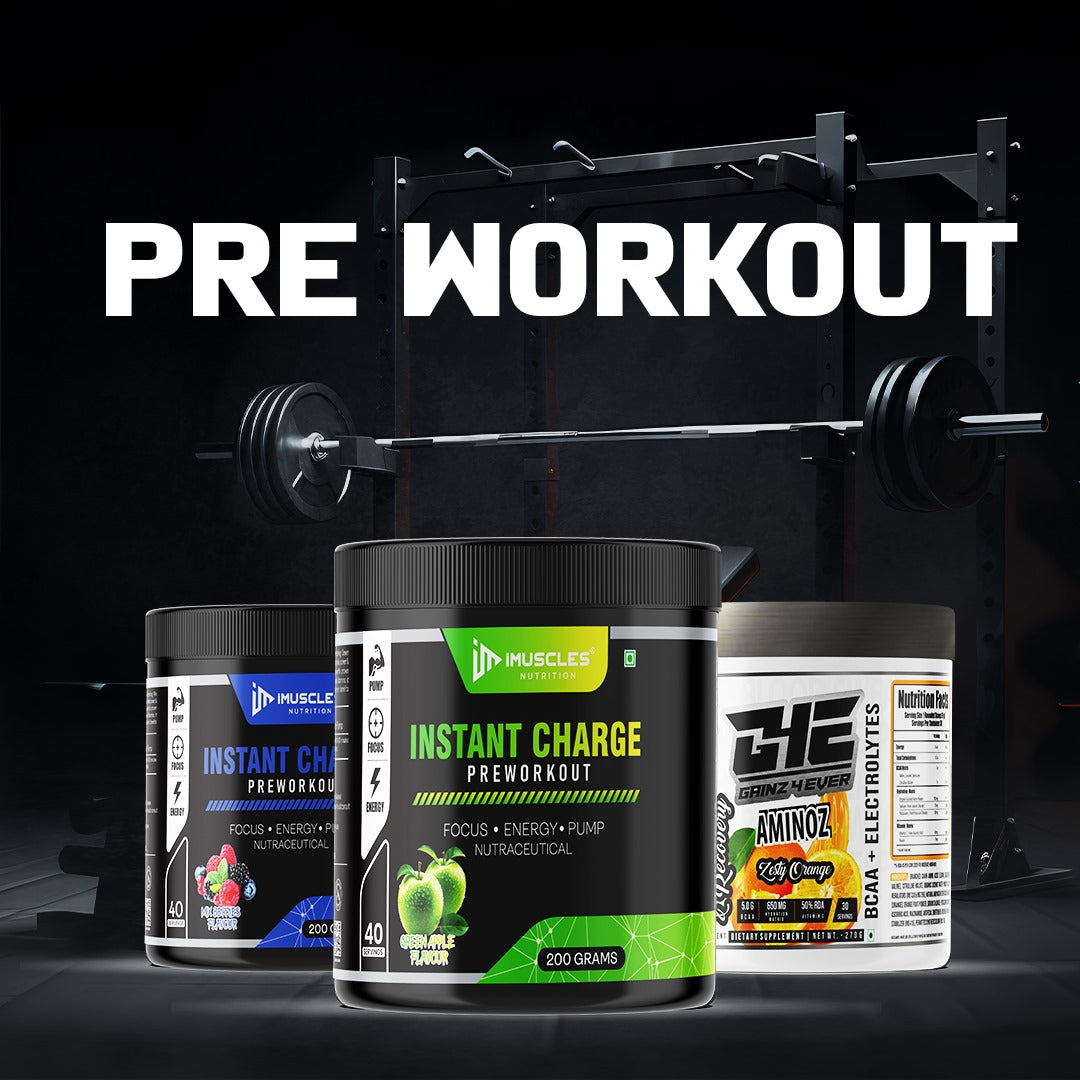
You Fell For The Billion-Dollar Scam.
iMuscles NutritionWalk into any pharmacy or health store, and you’ll see shelves overflowing with colorful bottles promising everything from sharper memory to stronger immunity and better sleep. The global dietary supplements industry is valued at over $170 billion and is projected to keep growing. But here’s the uncomfortable question—are most of these supplements genuinely effective, or are we collectively falling for one of the biggest placebo-driven scams in modern health?
The truth lies somewhere in between. While some supplements are scientifically validated, a staggering number of them rely on clever marketing, loose regulations, and placebo psychology to keep the industry thriving.
The Rise of the Supplement Industry
The supplement boom began in the late 20th century when wellness culture started shifting toward “quick fixes.” Instead of improving diet or lifestyle, people preferred popping a pill labeled with promises of vitality.
Today, supplements come in every imaginable form—capsules, powders, gummies, and even flavored drinks. With celebrity endorsements, influencer campaigns, and glossy branding, supplements have become lifestyle products rather than strictly medical aids.
But here’s the catch: unlike pharmaceutical drugs, dietary supplements are not tightly regulated by the FDA (in the U.S.) or equivalent bodies elsewhere. This means companies don’t need to prove effectiveness before launching products. They simply need to show that ingredients are “generally recognized as safe.”
The Placebo Effect: The Industry’s Secret Weapon
The placebo effect is a scientifically proven phenomenon where people experience real benefits from treatments that have no active ingredients—simply because they believe the treatment works.
In supplements, this effect plays a huge role. If you expect that a vitamin or herbal capsule will boost your energy, reduce stress, or improve sleep, your brain may trick your body into feeling the difference—even if the product itself does very little.
Marketers exploit this psychology by crafting persuasive claims, testimonials, and “before-after” stories. Once consumers believe the supplement is helping, the product essentially validates itself through placebo.
Supplements That Work (and Don’t Work)
Not all supplements are scams. Some have strong evidence supporting their use, while others are questionable at best.
Supplements with proven benefits:
- Vitamin D: Particularly useful in populations with limited sun exposure.
- Omega-3 fatty acids: May reduce inflammation and support heart health.
- Folic acid: Essential for pregnant women to prevent neural tube defects.
- Vitamin B12: Critical for vegans and vegetarians who don’t consume animal products.
Supplements with weak or no evidence:
- Memory boosters (like Ginkgo Biloba): Studies show inconsistent or negligible effects.
- Testosterone boosters: Often overhyped and under-researched.
- Collagen powders: Limited evidence that ingested collagen translates to better skin or joint health.
- Detox pills and teas: Mostly pseudoscience, as your liver and kidneys already detoxify the body naturally.
The problem is that for every supplement backed by research, there are dozens marketed purely on hype.
Why Do People Keep Buying Them?
Several psychological and cultural factors explain the unstoppable demand for supplements:
- Health anxiety – People want control over their health and supplements feel like an easy safety net.
- Influencer culture – Instagram and TikTok are full of “wellness hacks” pushing trendy powders and pills.
- Medical mistrust – Some consumers believe natural supplements are safer than pharmaceuticals.
- Confirmation bias – When you spend money on supplements, you’re more likely to convince yourself they work.
The Regulatory Loophole
In the U.S., supplements fall under the Dietary Supplement Health and Education Act (DSHEA) of 1994, which allows companies to sell products without FDA pre-approval. They can make broad “structure-function claims” such as “supports immune health” without needing to prove effectiveness in clinical trials.
This loophole has created a gold rush for supplement manufacturers. Instead of spending millions on drug trials, companies can flood the market with minimal testing and maximum profit margins.
How to Protect Yourself from the Scam
If you don’t want to waste money on overpriced placebos, follow these evidence-based tips:
- Check the science: Look for supplements that have been tested in peer-reviewed studies, not just company-funded research.
- Avoid miracle claims: If a supplement promises instant weight loss, muscle growth, or complete “detox,” it’s likely a scam.
- Buy from trusted sources: Choose brands that undergo third-party testing (e.g., USP, NSF, ConsumerLab).
- Focus on diet first: Whole foods remain the best source of vitamins and minerals. Supplements should only supplement—not replace—nutrition.
- Consult professionals: Speak with doctors or dietitians before starting supplements, especially if you have medical conditions.
The Bottom Line
So, are supplements a scam? Not entirely. Some provide genuine benefits, particularly when addressing deficiencies. However, the supplement industry thrives on exploiting the placebo effect, marketing exaggerations, and regulatory loopholes—making it a billion-dollar gray zone between science and scam.
The best strategy is to approach supplements critically. Understand which ones are truly beneficial, and avoid being swayed by fancy packaging or celebrity endorsements. Remember, no capsule can replace a healthy diet, regular exercise, and quality sleep.
FAQs
Q1: Are all supplements useless?
No. Supplements like Vitamin D, folic acid, and B12 can be essential in specific cases. The problem lies with overhyped products that lack scientific backing.
Q2: Can the placebo effect really make supplements seem effective?
Yes. The placebo effect is powerful and can create real physiological changes simply through belief and expectation.
Q3: Why aren’t supplements regulated like drugs?
Supplements are classified as food products under DSHEA, not as pharmaceuticals, which allows companies to bypass strict FDA drug approval processes.
Q4: Should I stop taking all supplements?
Not necessarily. If prescribed by a doctor or addressing a deficiency, supplements can be beneficial. What you should avoid are unproven, heavily marketed products.
Q5: How do I know if a supplement is safe?
Look for third-party certifications, research studies, and avoid supplements with exaggerated claims or proprietary “secret blends

